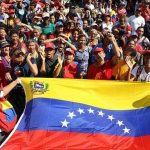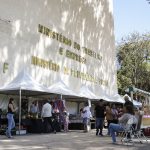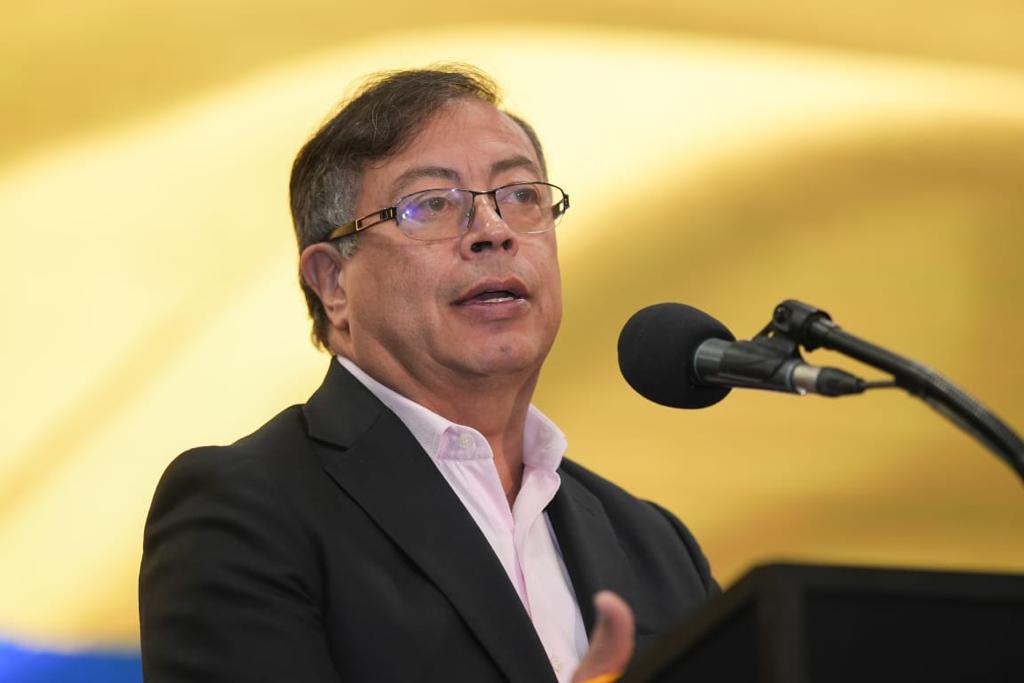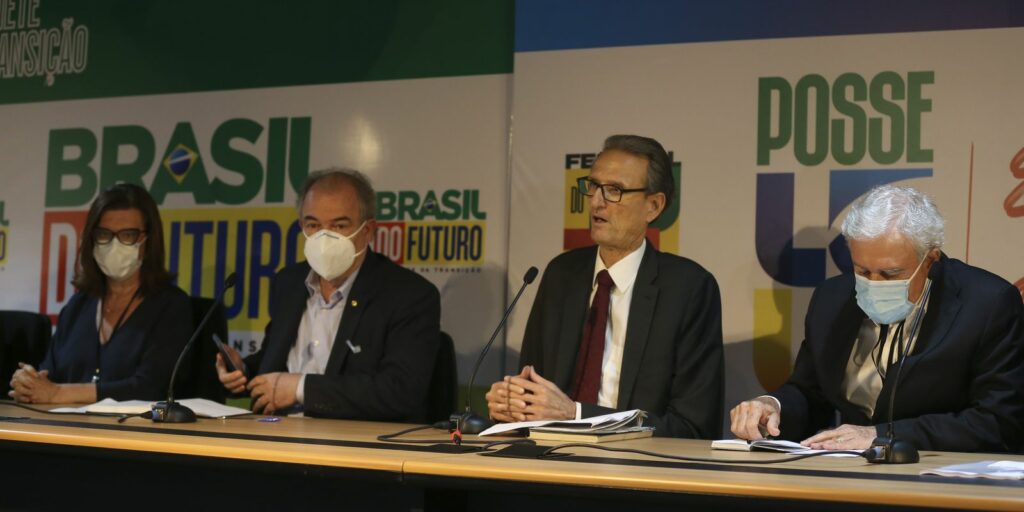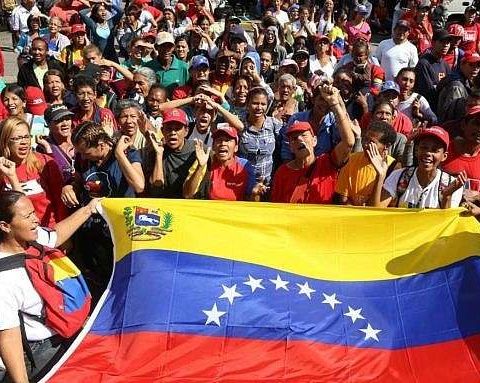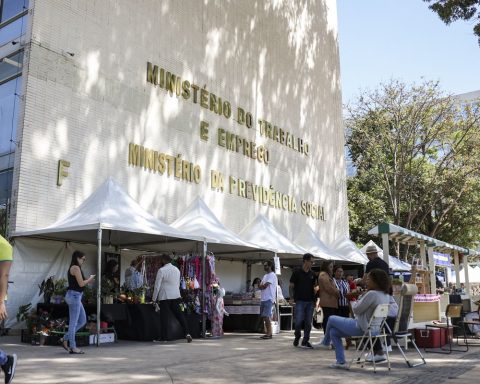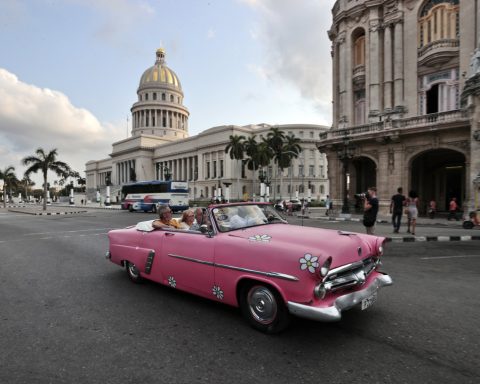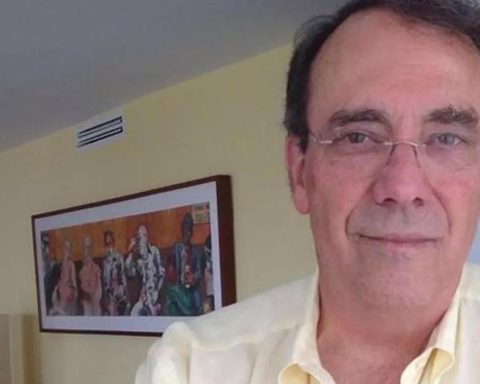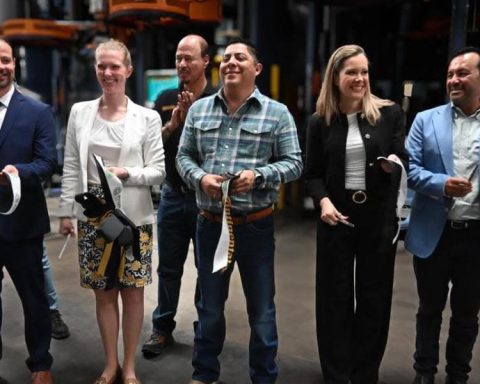After 2:00 p.m. this Wednesday, the president of the Socialist Party, Paulina Vodanovic, entered the headquarters of the Congress in Santiago. The talks between the ruling party and the opposition were resumed, which the day before had ended with accusations between the blocks for allegedly hindering the signing of an agreement. “The government alliance insists on the issue of 100% elected and that experts can collaborate, but that they are not part of the body that has the right to vote,” Vodanovic pointed out.
The previous day, Tuesday, December 6, the talks had focused on the proportion between elected officials and experts with a voice and a vote – and appointed by Congress – that the constituent body would have. The mixed character had gained ground. The day ended with a left that promoted a 75-32 composition, while the opposition, which last Friday presented a 50-50 force conformation, lined up after the 70-36 percentage.
“Surprise” was the word that most of the Chile Vamos negotiators used to describe what caused them the fact that, having advanced in a mixed mechanism on Tuesday –thinking that the following day they were going to discuss the terms of the same–, on Wednesday, at the beginning of the talks, the ruling party insisted on a 100% elected body, but this time with a smaller number of conventional ones: 50 plus the reserved seats in proportion to the indigenous vote.
After the left put the idea on the table, according to those close to those who were in the negotiations during the day, the deputy Diego Schalper, Secretary General of National Renovation (RN), refused, since -according to what the parliamentarian – the formula “does not guarantee moderation” and “has refoundational spirits”.
The proposal was similar to one that in September – before the twelve bases were agreed upon – had proposed National Renewal, from where that day a “Constitutional Council” of 50 members and parity had been promoted.
“We leave (Wednesday) with the satisfaction of having persuaded enough, in the sense that we need a sober process and a small body,” said Deputy Juan Antonio Coloma (UDI).
They assure that the formula was prepared by Social Convergence – the President’s group represented by the deputy and head of the party, Diego Ibáñez, who on Wednesday had been accused by the right of being intransigent in the talks – and the Socialist Party.
Paulina Vodanovic and Diego Ibáñez were on Monday, December 5 in the program ‘True Lies’ of The net and, there, the PS helmsman stated that “strong, painful decisions will have to be made. (…) For us as a left it is very hard to lose the opportunity to change the Constitution born in a dictatorship. And, therefore, we are making all the efforts to concretize that process”. However, she underlined a limit: “Democratic legitimacy”.
For his part, Ibáñez said that they could not allow a person designated “by hand” to vote, since he established that the experts, who according to the parliamentarian would most likely be chosen from among the party study centers, could not count with neutrality. “We do not understand the stubborn rigidity of the right to not open up to formulas where experts can be ratified by the citizenry, because there are formulas for that,” he said.
Deputy Coloma (UDI) explained that the right was leaving with the “task” of studying “how to build a process that continues to insist on this idea, which is what Chile wants, which is that we have experts acting within the Convention , as counterweights with their ideas”. And he added: “The last thing Chile needs is to repeat a bad constitutional experience.”
One of the possibilities that negotiators from Chile Vamos were considering, this Wednesday, is that progress be made on a draft of a new binding Constitution drawn up by a group of experts. However, from Approve Dignity they assure that the option for the draft to be binding does not have support in the pro-government benches. Another –account from the right– is that the group of experts that drafts the draft remain as an advisor in the process and have a vote on certain issues.
The surprise of the right-wing negotiators was not only because a proposal for a 100% elected body arose when on the previous day they had managed to balance the scales in a mixed instance and that the discussion focused on the elected-expert ratio, but also the interpretation they gave to President Boric’s words on Wednesday morning. In Chile Vamos they believed that it was a speech that gave space to the leaders of the government alliance to open up to a mixed body in a public way, without going on to take the President, who had asked them on Friday -in an extended political committee held in La Moneda – align behind a 100% elected body.
“From the government alliance we have strongly defended the democratic principle, and we understand that for the current opposition it is important to have a mixed convention, where there are experts appointed by Congress. It is not what we as a government alliance would like. And we have defended to the end the importance of a 100% elected body, ”he pointed out.
The key was when he said that “as President of the Republic, I am convinced that it is preferable to have an imperfect agreement than not having an agreement.”
“That is why I urge that, to provide certainty to the citizenry, so that we can all focus on the priorities that our people have, the political parties rise to the occasion and we are capable of delivering a clear, concrete mechanism, with more democracy. , for the concretion of a new social pact, to our country”, concluded the Head of State.
Consulted senior leaders of Appruebo Dignidad, they assured that they had not understood the President’s words in the same way as Chile Vamos, and they assured that a body of 50 elected officials was far from what they considered a “perfect agreement”, given that from From the beginning they have pushed the idea of a greater number of members due to the underrepresentation that, they say, some regions will suffer as a result of the “low number”.
Why did the ruling party decide to put all the meat on the grill?
Two different leaders of Apruebo Dignidad agreed with the words of the socialist deputy Juan Santander, on Tuesday, December 6 – when he tweeted that “if it is unusual to return to designated parliamentarians, it is also unusual to propose designated conventions. The solution will always be more democracy , never less”–, had been fundamental in deciding to go on the offensive and once again defend a 100% elected body in talks with the opposition.
This, as they explained, because if the mixed body did not have possibilities among parliamentarians of the PS, it would have less chances in the benches of Approve Dignity. And 4/7 of Congress is needed to make a constitutional reform –with the points that are agreed– that will start a new constituent body.
In interview with Third On Tuesday, December 7, Marco Velarde, president of Comunes, assured that, if a mixed mechanism was chosen, it should be validated via the party’s general council whether or not they attended the signing of the agreement. However, he contextualized that he believed that, since I Approve Dignity (Frente Amplio, Partido Comunista and Federación Regionalista Verde Social), they should reach an agreement, since there was “the obligation to have a new Constitution.”
For her part, Flavia Torrealba, head of the Social Green Regionalist Federation, sent a letter to Paulina Vodanovic, for being the representative of the alliance, where she stated that, as a party, they considered that the agreement reached by Boric and Macaya -organ 100 % elected and proposal ratified by Congress – is “the limit”.
“The so-called borders, a pre-drafting of a text made by designated experts, the definitive drafting by the body 100% chosen by the sovereign, the subsequent approval of Congress and then the approval or rejection by the sovereign people in a plebiscite. What else receipts!”, states the document.
In addition, the Comunes board invited a meeting of party members and advisers. The main result, according to those who attended, was to emphasize that they would support a 100% elected body and not a mixed one.
This Thursday morning, the PC will have an extraordinary meeting so that the person who has been part of the talks, Senator Claudia Pascual, can inform the militants and senior leaders of the community about the progress of the talks, before which parliamentarians They have expressed concern, at least for the points that have been revealed through the press. Comunes called a council on Wednesday, which was held at 7:00 p.m., to hear the opinion of the militancy. Those who participated assure that they all joined behind a 100% elected body, making clear the point that a mixed body would not be democratic for the members of the Broad Front party.
It should be remembered that two points have been agreed so far: borders and the technical admissibility committee. The first is about twelve constitutional principles or borders that must be present as a starting point when drafting a new text.
Some examples are ensuring that Chile is a Democratic Republic, whose power must reside in the State; establish that Chile is a Unitary and Decentralized State; consecrate Chile as a Social State of Law; respect the patriotic emblems, national shield, anthem; protect fundamental rights such as: freedom of conscience and worship, the right to property, life, freedom of education, and consecrate States of Constitutional Exception in matters of order and security, among others.
The technical admissibility committee will be a joint body made up of 14 members, appointed by both chambers of Congress, which will be in charge of safeguarding neutrality and respect for the institutional bases of the constituent process. The members of the instance must have outstanding professional and academic trajectory.







